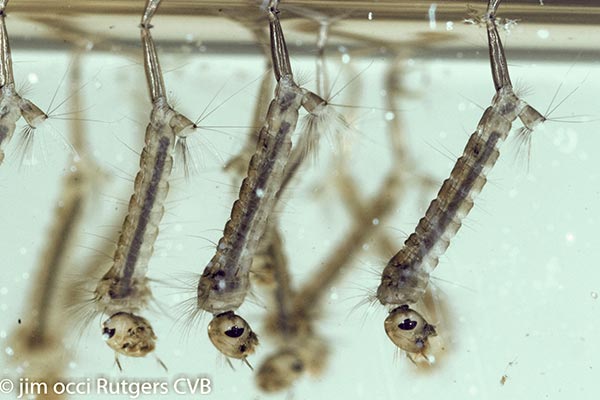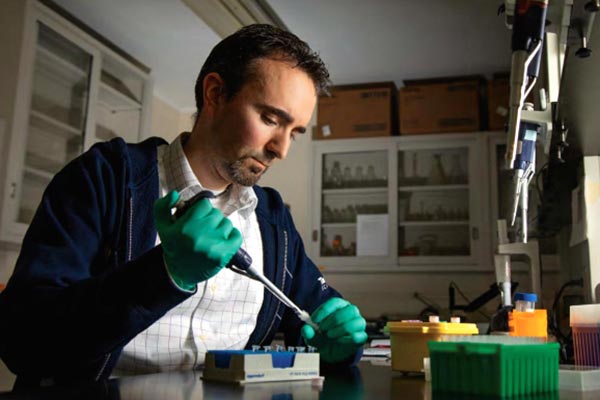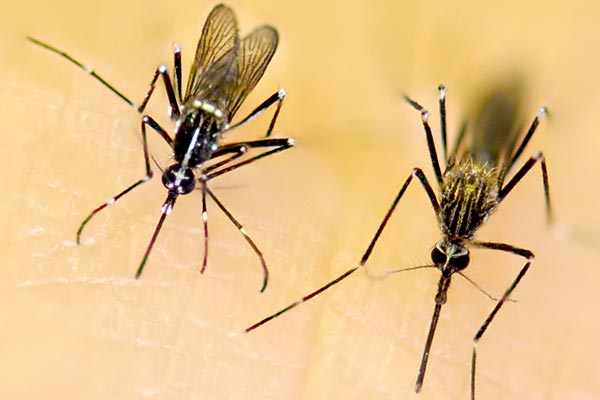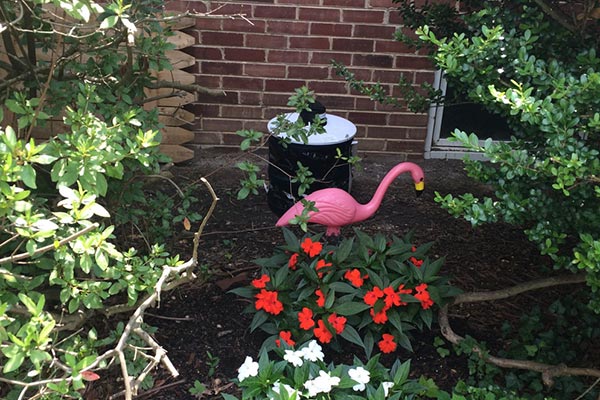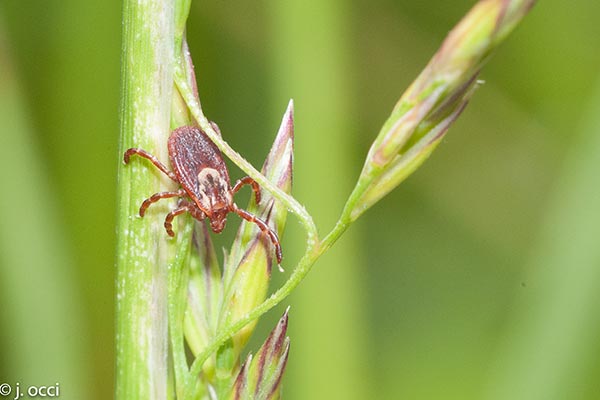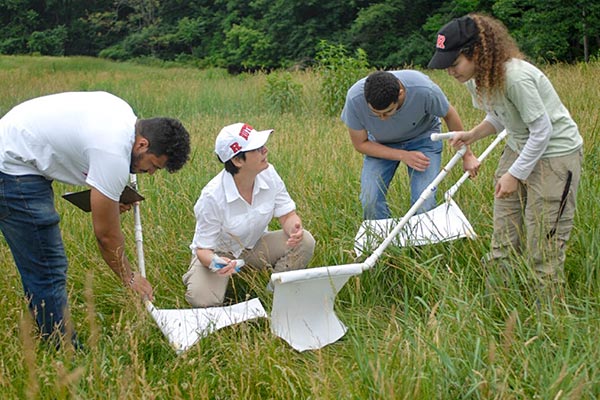The Center for Vector Biology (CVB) was founded with a dual mission: conducting research on insects that transmit disease agents such as mosquitoes, and using these findings to enhance the quality of life for residents in New Jersey. Researchers at CVB delve into pest and pathogen biology, ecology, evolution, and management. Equipped with a cutting-edge molecular laboratory that develops and employs highly sensitive DNA-based tools, as well as USDA-accredited ACL2 insectary facilities for colony maintenance, CVB stands at the forefront of vector-borne disease research.
In close collaboration with mosquito control professionals in the 21 New Jersey counties as well as with the state departments of Agriculture, Environmental Protection, and Health and Senior Services, CVB upholds a rich legacy that traces back to the groundbreaking contributions of Rutgers Entomology professor J. B. Smith, who in 1912 successfully started the first areawide Mosquito Control Programs across NJ. A century later, this dedication to preventing nuisance as well as disease extended to combating invasive Asian tiger mosquitoes.
Recognizing the imperative to expand surveillance and research to ticks, in 2018 CVB organized the "NJ Tick Blitz," assessing the feasibility of statewide surveillance. This pioneering effort, which has since been emulated by other states, has evolved into the NJticks4Science citizen science project, engaging the public in vital surveillance of ticks and tick-borne diseases.
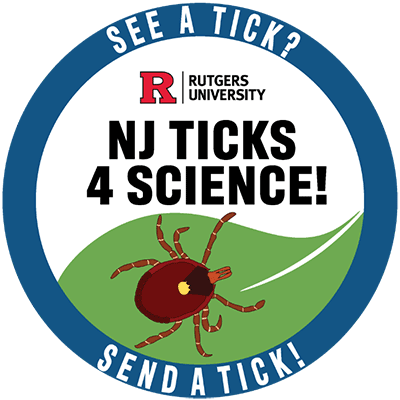
Biting News, the CVB Seasonal Newsletter
For an accessible version of this newsletter contact us.
News
- "Addressing the Threat: Why We Should be Testing Cattle for Theileria orientalis in NJ" by Dina Fonseca in the Spring edition of the brand new NJ Ruminant Report newsletter (PDF)
- Do mosquitoes transmit Covid-19? NO!
- May is Tick Awareness Month! Here are some local activities.
- Another partner to work with: Global Health Institute at Rutgers.
- Teaming up both locally and globally
- They never left! See information about the exotic tick found last year.
- New Fonseca Lab website!
- Pesticide Recertification Course will be offered in October! (PDF)
- Mosquito prevention tip news clip on KYW 1060 Philadelphia, with Dina Fonseca
- Asian Tiger Mosquito: Areawide Control, Biology and Publications

